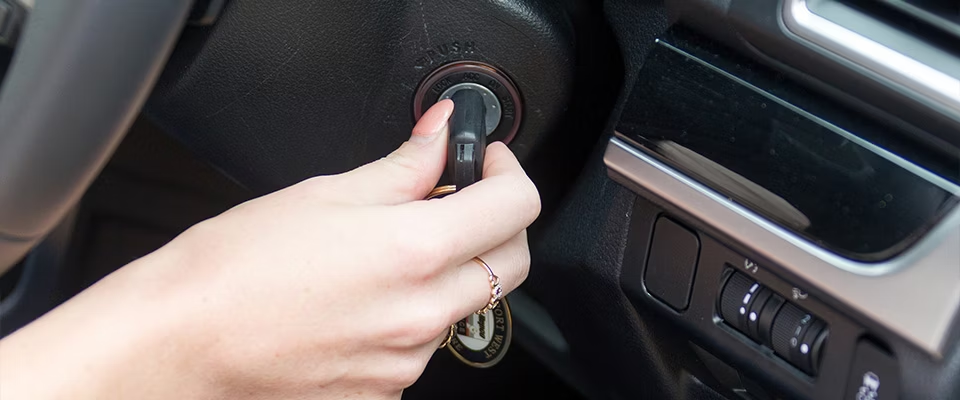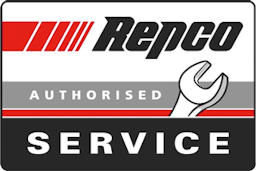
Is Your Car Winter Ready?
In the Southern Hemisphere, we are going into Winter, and whilst here in Perth winter isn’t as harsh as it is in some other parts of the world, it is still important to make sure your car is Winter ready. There a few things that you can check yourself and then a few that will need to be checked by your mechanic...
Read more





